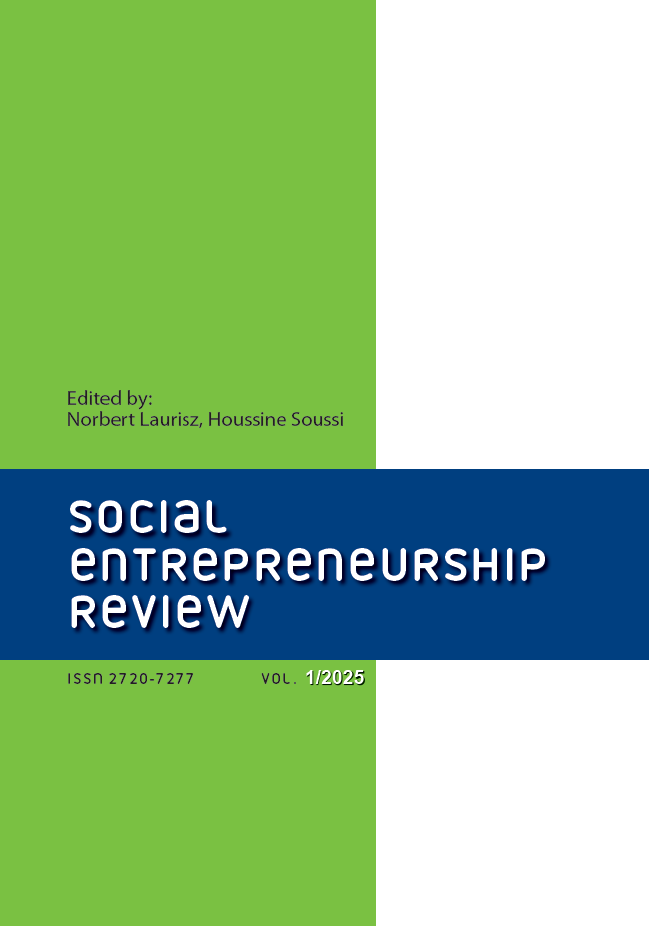Two worlds of social cooperatives in Poland
Keywords:
social cooperative, social exclusion, social inclusion, labor marketAbstract
Social co-operatives are one of the social policy’s tools that aims to counteract social exclusion. Depending on the distance from the open labor market it might be implemented in two ways, i.e. the path of founders or employees. The aim of the paper is to present the characteristics of two types of social cooperative stakeholders, i.e. founders and employees. Special attention will also be paid to the differences in the way social co-operatives implement occupational reintegration for both types of stakeholders together with an analysis of the chances of success of this process. The discussion in this paper was based on the results of the survey of the author’s own research on social co-operatives in the Lodz province.
The research indicated that the founders are usually young, well-educated, entrepreneurial and energetic. Social co-operatives gave them a chance to fulfill their dreams and try their hand at business. Employees, on the other hand, are mostly poorly educated and have little chance of finding themselves in the open labor market. Thanks to the cooperatives they improve their financial situation and acquire valuable competences.
Downloads
Downloads
Published
Issue
Section
License
Copyright (c) 2023 Social Entrepreneurship Review

This work is licensed under a Creative Commons Attribution 4.0 International License.






